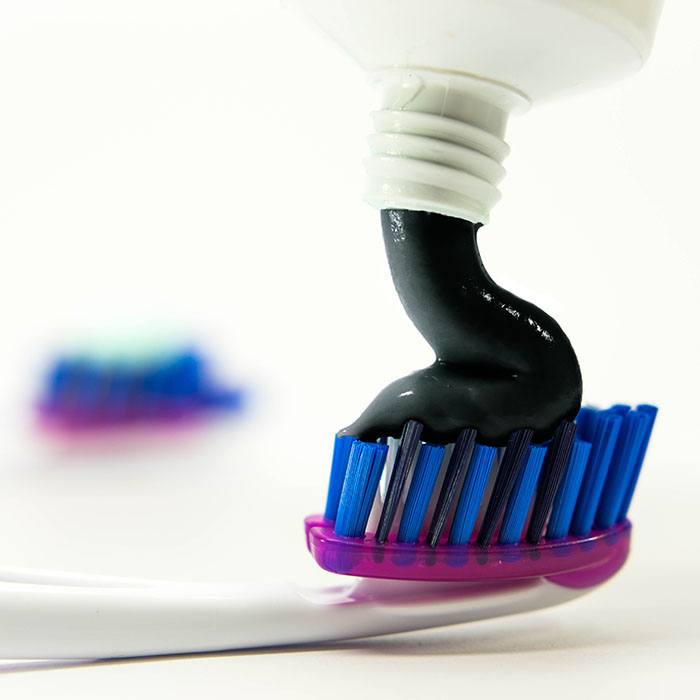Charcoal Toothpaste: Science Versus Fads
Dental Health • June 11, 2020

IF GIVEN THE CHANCE to change something about their smiles, most people would choose to have whiter teeth, and quite a few are willing to try just about anything for it, including something as counterintuitive as scrubbing them with toothpaste made of charcoal.
The History of Charcoal as a Remedy
The activated charcoal-based dental and skin care products that have been popping up everywhere over the last couple of years aren’t entirely a new idea. Hippocrates of ancient Greece (originator of the Hippocratic Oath and often described as the Father of Medicine) recommended using charcoal to treat black gums and bad breath, and ancient Romans made mouthwashes and tooth powders out of burnt goat hooves.
Charcoal and teeth didn’t mix much from then until charcoal products began popping back up in the late 19th and early 20th centuries. In the 1930s, charcoal dental cream and gum were advertised as a way to get fresher breath and remove tobacco stains. However, the American Dental Association raised safety concerns that led to the discontinuation of such products.
What Dental Problems Are Pets At Risk For?
Our puppies and kitties might have teeth that look a lot different from ours, but they can get cavities and gum disease just like we can. In fact, a whopping 85 percent of dogs and cats get gum disease by age three.Keep an eye out for symptoms like difficulty chewing, tooth loss, and bad breath, as well as loose teeth, swollen or bleeding gums, and loss of appetite.
In a way, dental problems are even more serious for our pets than they are for us. We can take care of our own teeth, and we can describe what our teeth and gums feel like to our dentists. Our pets can’t do any of that, so when a problem happens, it’s more likely to get worse.
The Incomplete Logic of Charcoal in Toothpaste
Activated charcoal is actually extremely good at absorbing toxins, so the logic is to put that property to work cleaning teeth. It’s a nice theory, but it misses an important part of the picture. Charcoal is a highly abrasive substance, so even while it absorbs harmful compounds and maybe even helps break up surface stains on teeth, it’s also scraping up the enamel and eroding it away.
Furthermore, it doesn’t only absorb bad stuff:
The Lack of Data to Support Charcoal
Many charcoal-based products boast of the amazing effects they can have on tooth whiteness and breath freshness, but no studies have substantiated any of these claims. On the contrary, one study has shown that tooth surfaces became significantly rougher after just a month of using charcoal toothpaste compared to regular toothpaste. Yikes!
That roughened texture is enamel loss. Once enamel is gone, it’s gone for good, exposing the softer, more yellow dentin underneath and leaving the teeth much more vulnerable to decay. A temporarily whiter smile isn’t worth the long-term effects.
“Natural” Isn’t Always Better…or Safer
Charcoal toothpaste is one of many dubious products riding the tide of today’s “natural” remedies craze. Even though dozens — perhaps hundreds — of charcoal-based dental products now exist, not a single one of them has the backing of the ADA or the FDA. We encourage our patients to wait for the ADA’s approval on any dental health product, charcoal-based or otherwise.
Trust Whitening to the Experts
If you are one of the countless people who would love a whiter smile, there are safe, controlled ways to get it, from in-office whitening to take-home trays to over-the-counter strips. Instead of looking to trendy YouTubers for ideas, talk to real dental professionals who have years of training and experience working with teeth.

